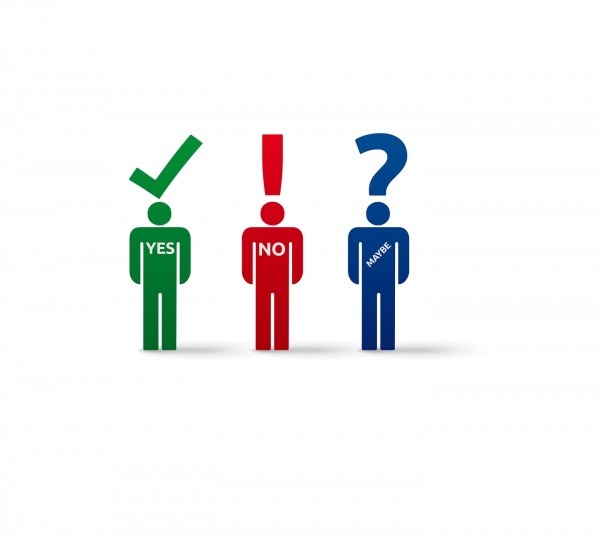In a perfect world, each one of your tenants will possess all the qualities of a good renter. In a realistic world, you will probably encounter some degree of each tenant personality type. In this 4 part series, you will find out the good, the bad, and the ugly types of tenant behavior when it comes to important terms of the landlord-tenant relationship like paying rent, following lease terms, maintaining the property and communicating effectively.
Tenant Types Part 1: Paying Rent
When it comes to paying rent, tenants tend to fall into 3 categories ranging from amazing to tolerable to “time for an eviction”.
Good: The Early Bird
What is better than receiving rent on time each month? Receiving it early! A good tenant understands their obligation to follow lease terms and remit rent payment on the date agreed to in the rental agreement. Most lease agreements require tenants to pay rent on the first of the month, while others may specify an alternative date that rent is due. Regardless of the specific due date, a lucky landlord will always see that rent check show up on time each month, or even a couple days early.
Some landlords offer a grace period for rent payment deadlines. A good tenant will make sure to pay their rent before the final day of the grace period, letting you collect rent earlier than expected.
Bad: The Late Payer
Some renters fail to realize the importance of paying rent on time each month. A single late payment during a lease term is understandable, but problems arise when your tenants make it a habit to always pay rent after it is due. While a rent payment that is only a day or two late does not require as much action in terms of phone calls and late notices, it can still be annoying to routinely wait for rent to show up.
It is advisable to stick to your lease agreement and always collect late fees in order to demonstrate the importance of paying rent on time. You should also keep excellent records of your tenant’s payment history to use if adverse action is required in the future.
Some property managers do not mind collecting late rent payments because they are able to profit from late fees. In some cases, however, private landlords will find themselves in an extremely stressful situation if they rely on rental income to make their mortgage payments each month.
If you notice a pattern in late payments, you might benefit from asking your tenant what is going on. It might be the case that your tenant’s payday schedule affects their ability to pay rent on the required due date. While you do not need to accommodate their payday schedule, you will have a better understanding as to the reason for their behavior and plan accordingly. In other cases, your tenants might not realize how their late payments negatively affect you, so a simple conversation could fix the problem.
Ugly: The Non-Payer
Worse than late payment is no payment at all. Whether for a legitimate reason (like losing a job) or a meaningless reason (like the tenant doesn’t feel like it), not paying rent constitutes an extreme lease violation.
Failure to pay rent is the top reason most tenants get evicted. Evictions are an expensive and time consuming process for landlords and should always be avoided. The best way to reduce your risk of having to deal with an eviction due to non-payment is to always screen your tenants and approve applicants that have a verified income, good rental history and a sparkling credit report, to ensure they can afford the asking rent and have demonstrated responsible financial habits.
Solution: While your options are limited when it comes to making a non-payer follow your lease terms, the best way to help your tenants make early or on time rent payments is to offer online payment options through your property management software. Online rent payments options let renters schedule automatic ACH or credit/debit card payments. As an alternative to late fees, another way to encourage early payments is to offer an incentive, like a $25 discount if rent is received before the due date.
By far the best way to find tenants that pay rent on time or early is by checking landlord references during your tenant screening process. Calling landlord references will expose an applicant’s late payment history giving you insight to your potential tenant’s rent payment behavior. A negative reference should be red flag and approval could put you and your property at risk.
In Part 2 of Types of Tenants: The Good, The Bad and The Ugly we will explore the most common types of rule abiding behavior found in tenants and how to improve your chances of finding the good ones.
